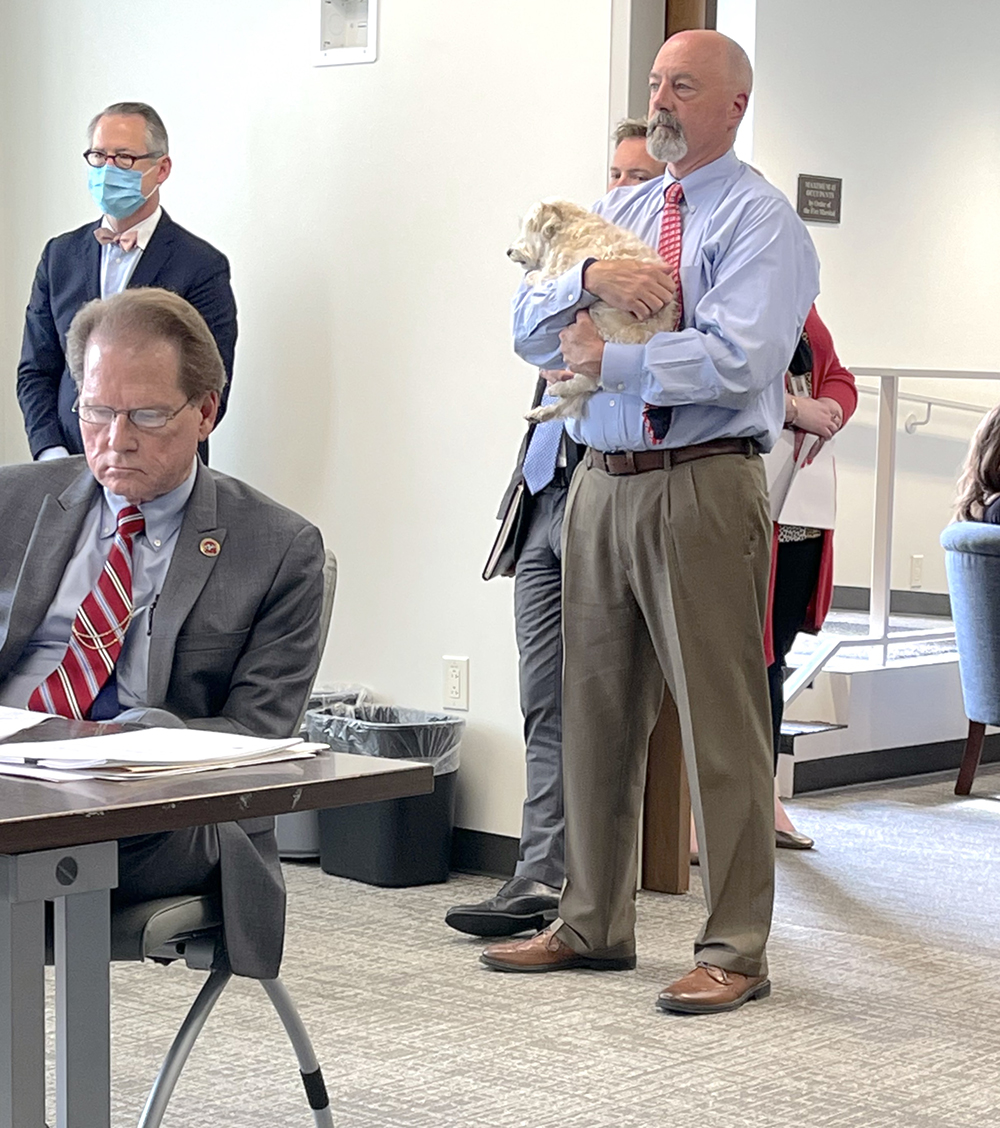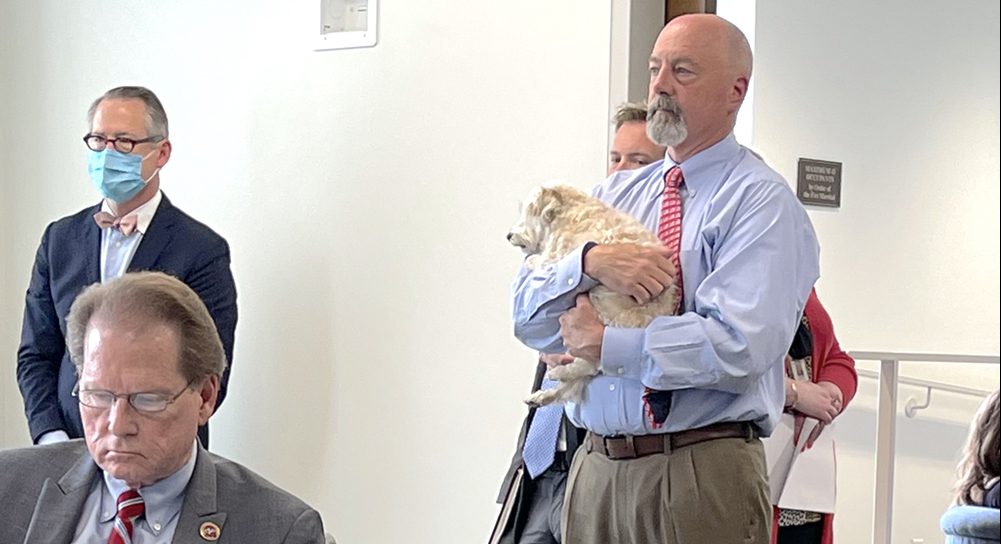NASHVILLE — As the Tennessee General Assembly entered into its last week, two bills that, if passed in their original form, would drastically change the nature of Tennessee jurisprudence, were official cliffhangers.
One bill, the brainchild of state Senator Brian Kelsey, was in serious jeopardy. This was SB 915/HB 1072, which would have prohibited local governments from suing the state and guaranteed the state an automatic stay of any injunction levied against its constitutional authority, pending the ultimate evolution of appeals. The bill was rebuffed on the Senate floor via a 14-14 tie vote and, despite frantic attempts by Kelsey to promote ameliorated versions to his colleagues, remained unamended. The bill has been set and reset by its author for successive floor sessions of the Senate but, as of Tuesday, with time running out, had not incurred any more discussion.
Another bill, SB 868/HB 1130, whose primary author was state Senator Mike Bell, undertook, as originally conceived, to establish a new three-member state Chancery Court, which would become the mandated trial court for any litigation against the state’s constitutional functions. The three judges would represent the state’s three grand divisions, but all would be elected statewide. In his introduction of the measure, Bell had been candid about the fact that such a court would reflect the state’s current political bias — i.e., have a Republican slant.

Bell’s bill, like Kelsey’s, was clearly motivated by recent state judicial rulings perceived as favoring Democrats — notably, last year’s decision by Nashville Chancellor Ellen Hobbs Lyle expanding availability of mail-in absentee ballots as a response to the coronavirus pandemic. The state appealed her ruling, meanwhile slow-walking its compliance, and the state Supreme Court, a majority of whose members were Republican appointees, watered down its impact. But Lyle, who was originally appointed by former Republican Governor Don Sundquist but has won successive re-elections as a Democrat, succeeded in establishing the pandemic as a factor to be considered in applications for absentee ballots.
In theory, Bell’s bill reflected the will to power of the General Assembly’s Republican supermajority, which, Democrats feared, would steamroller it into being, a sentiment that got fatalistic expression from a participant or two last week in a Zoom meeting of the Germantown Democratic Club. A group of statewide Democrats launched an emergency campaign against the bill under the scare email headline “Gov. Lee’s Judicial Branch Power Grab.”
In fact, Lee was a mere bystander of the process, and there was enough independence of mind among Republican legislators with former service in local governments to weaken support for so fundamental a change in the relationship between jurisdictions. And sentiment in the House had been divided on the bill’s merits from the beginning. Democrats in both chambers, augmented by serious lobbying efforts, including those by Memphis attorney Steve Mulroy, had a fair chance to make their case.
Ultimately, it was in the House where the measure got rewritten. The House version posited the new tribunal not as a trial court but as a “court of special appeals” with original jurisdiction only for challenges of redistricting plans. Otherwise the court would be required to hear any case in which the state attorney general should intervene. And the court’s members, who would originally be appointed by Lee, would be subject, not to periodic direct election but only to yes/no retention elections, as state appeals judges are at present.
As the legislative chambers prepared for an inevitable last-week reconciliation meeting, the likely end result would be a redefinition of judicial authority, but nothing like the power grab so fearsomely advertised.
